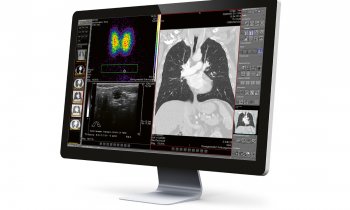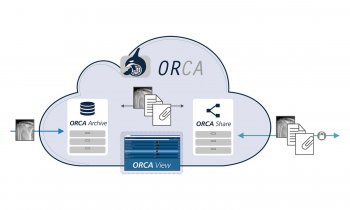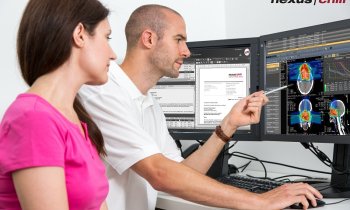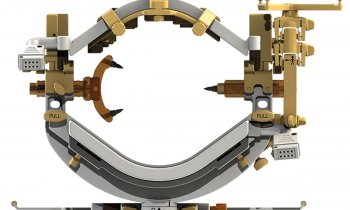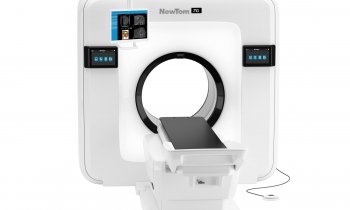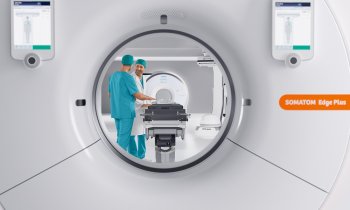The 2nd National Russian Radiology Congress
Far more than a national event
Drawing together radiologists from all of Russia is a challenge - even more surprising is meeting the president of the European Congress of Radiology (ECR) and other well-known radiologists from the rest of Europe writes Meike Lerner, of European Hospital, who was at the 2nd National Russian Radiology Congress held in Moscow this May, to report on the hot topics in radiology over the eastern borders.
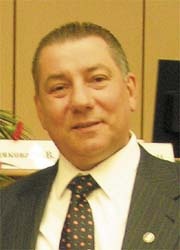
‘This year we except 1,500 congress attendees from all over Russia, which is only possible because we have special approval from the Ministry of Health, otherwise colleagues from other regions could not have participated,’ explained Sergey Ternovoi, a full member of the Russian Academy of Medical Science and one of the four congress presidents. ‘Last year’s congress was very successful and this time we tried to broaden the congress topics to include cardiology, pulmonology, urology and some more clinical areas. Our aim is to bring all these specialists to one round table to discuss the latest trends, share experiences and of course talk about education. In Russia, the term radiology does not have as a broad a definition as in Europe. In common use, we say Radiology for Nuclear Medicine and we distinguish between ‘Roentgen’ and Ultrasound. So at this congress we invite specialists from all those specialties to discuss the problems, in the interest of patients.’
International experts such as Professor Matthias Oudkerk, Head of the European Society of Cardiac Radiology, and Professor Borut Marincek, President of the European Congress of Radiology (ECR) 2009, were also invited, and very pleased about the cooperation between East and West European countries: ‘Russia and the East European countries in general are becoming increasingly important, something we’ve noticed just by looking at the turnout at the ECR over the last few years. At the moment, what we can see are differences in imaging technology. In western countries, higher incomes resulted in investments in large medical equipment, such as CTs and MRIs, whereas the eastern countries have mainly used ultrasound scanning. This has not only impacted on costs within the healthcare systems, but also on training, which, in Russia for instance, is much shorter. Understandably, radiology departments are interested in harmonising teaching and training, i.e. they would like to see a convergence of standards from Portugal right across to St. Petersburg. This is, of course, a Sisyphean task, as each of the 47 European countries has different training regulations.’ Prof. Marincek expects developments in Russia to take a similar turn to those in the west. ‘There will be a shift away from ultrasound towards CT, a method that is always reproducible. The same goes for MRI. The acquisition and use of this equipment obviously always represents a cost issue, and Russia’s current situation means that this technology is becoming more widely available in larger cities, whilst rural areas are more or less excluded from those developments.’
His colleague Professor Valentin Sinitsyn, Radiology Chair at the Moscow State University, Cardiology Research Complex and a full member of European Society of Radiology, pointed out another problem related to the shift to CT and MR: ‘Our government has declared a national health service project and provides money for hospitals for refurnishing and construction. But one problem that remains unsolved is servicing the equipment. The money donated to the hospitals is not enough for equipment maintenance. Sometimes the situation is paradoxical, because it’s easier to send an application for a new machine than it is to repair a system that is four or five years old.
‘Another problem we face is teaching. If you look at the statistics, we have many radiologists, but the number of them who are active and able to work efficiently with modern equipment is not that high. So we need more specialised training and I agree with Prof Marincek that education has to become more equal across Europe.’
01.07.2008






